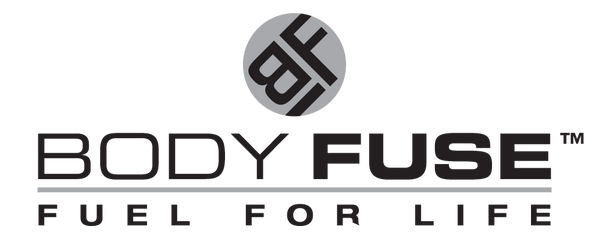In this day and age athletes are endlessly searching for strategies that will give them the winning edge in sport performance. Whether it be creatine, protein, sodium bicarbonate, Iron, glutamine or even caffeine, all of these are sought-out sources for sport performance. But one is rising in the spotlight: collagen hydrolysate. Collagen hydrolysate has been receiving increased attention lately pertaining to the injury and prevention side of sports medicine and competition as a whole. Since soft tissue injuries account for nearly 70 percent of injuries worldwide, they are our bread and butter within athletic training. Therefore, given such a high percentage of injury, our care and prevention techniques need to shift toward pre and post exercise techniques like diet and hydration.
Collagen, when consumed via diet 60-90 minutes before exercise and 60-90 minutes post exercise, is absorbed into the bloodstream with evident and prominently studied effects on the body. Because collagen is the most abundant and beneficial protein in the body, most research is directed to joint healing, joint fluidity, management of joint pain, connective tissue repair, flexibility, and decreased overall recovery time. What athlete does not want these benefits in their regular active daily lifestyles? Since we all paid attention in anatomy and physiology class I hope, we know that proteins are the building blocks for life and undergo countless types of extreme stressors. Meaning athletes constantly need to replenish and refuel to help support these types of tissues within the body.
Collagen is an important and primary protein that provides elasticity and reformation of many tissue types within our amazing bodies. Food sources such as chicken, fish, egg whites, tropical fruits, leafy green vegetables, and tomatoes. However, nutrition is where a lot of folks are lacking especially in the younger populations. When asked what they ate for lunch, many of my athletes on a day-to-day basis responded with “Takis”, “McDonalds”, “Mountain Dew and chips”. Poor nutrition and poor hydration can effectively lead to longer recovery times, increased risk of injury, and poor performance overall. According to the International Olympic Committee, when collagen is consumed at the elite level it has been shown to accelerate the recovery process, reduce significant injury, and reduce joint pain and inflammation.
As we all know, strength and conditioning greatly affects the human body via our bones, muscles, ligaments, tendons, connective tissues, nerves and so on. Frequent and intense exercise reduces our collagen percentages therefore potentially creating more risk of soft tissue and joint injury and inflammation.
Proper nutrition, hydration, rest, and recovery will give athletes the edge needed to compete at the highest of levels all while reducing risk of injuries, inflammation, and overall joint pain. Body Fuse Joint Restore is a great source for collagen. Joint Restore is a complete joint recovery and health formula for individuals suffering from joint pain, joint damage, arthritis and or those looking to keep joints strong and healthy and well lubricated.

References:
Clark KL, Sebastianelli W, Flechsenhar KR, Aukermann DF, Meza F, Millard RL, Deitch JR, Sherbondy PS, Albert A. 24-Week study on the use of collagen hydrolysate as a dietary supplement in athletes with activity-related joint pain. Curr Med Res Opin. 2008 May;24(5):1485-96. doi: 10.1185/030079908x291967. Epub 2008 Apr 15. PMID: 18416885.
Garone, Sarah. “13 Foods That Boost Your Body's Natural Collagen Production.” Healthline, Healthline Media, 26 Feb. 2019, https://www.healthline.com/health/beauty-skin-care/collagen-food-boost.
Hearris, Mark. “Improving Sports Performance with Collagen Supplements.” Nutraceutical Business Review, 1 Apr. 2020, https://nutraceuticalbusinessreview.com/news/article_page/Improving_sports_performance_with_collagen_supplements/151330
R.J. Maughan, et al., “IOC Consensus Statement: Dietary Supplements and The High-Performance Athlete,” Int. J. Sport Nutr. Exerc. Metab. 28(2), 104–125 (2018).
Shields, Teagan. “Collagen for Athletes? Here's What the Science Says.” FreshCap Mushrooms, 22 Nov. 2020, https://learn.freshcap.com/tips/collagen-for-athletes/.
Clifford, et al., “The Effects of Collagen Peptides on Muscle Damage, Inflammation and Bone Metabolism Following Exercise: A Randomized, Controlled Trial,” submitted for publication (2018).


